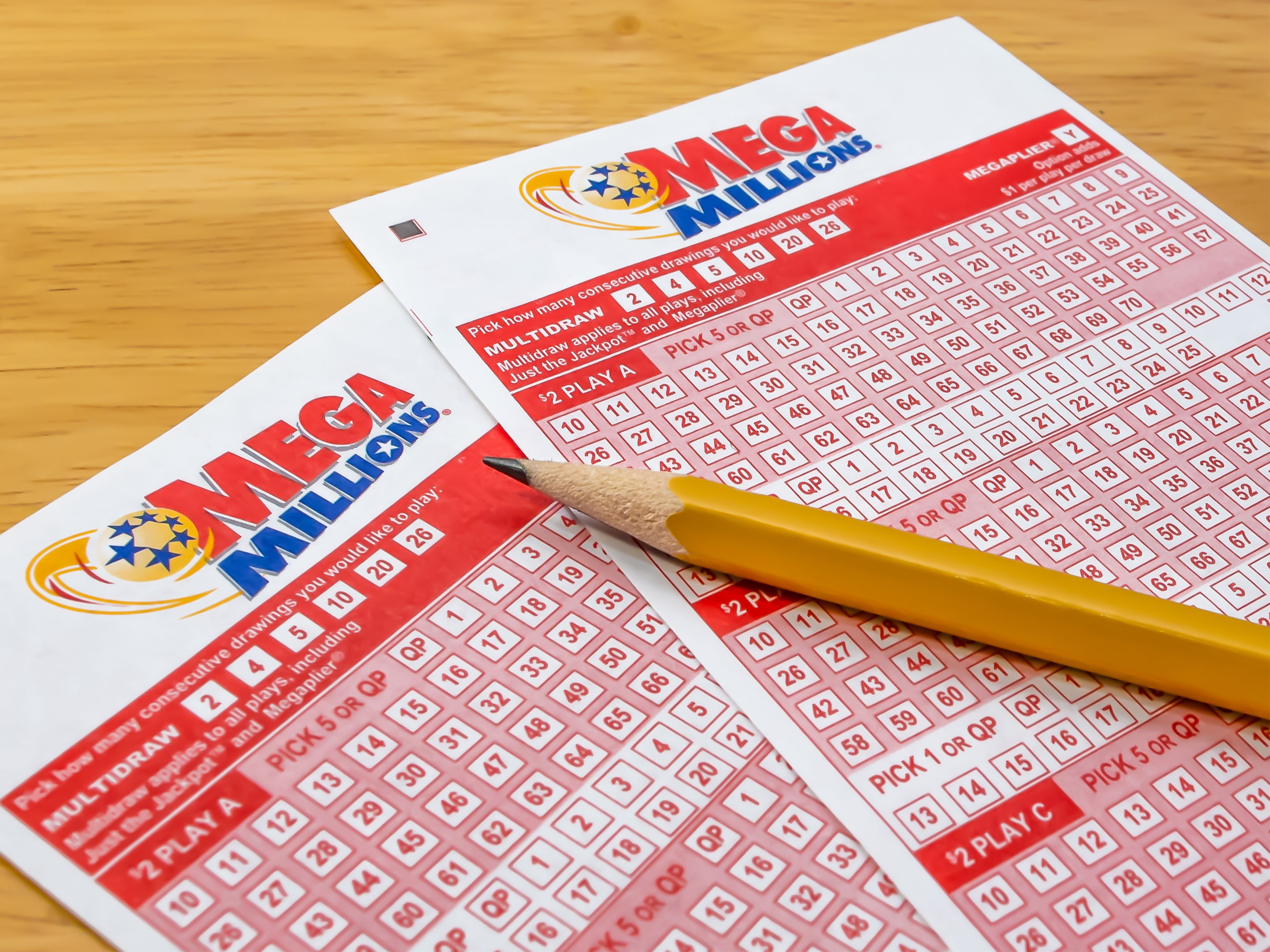
The lottery, a game of chance where participants purchase tickets in hopes of winning a large sum of money, has been a popular form of gambling for centuries. While it is often portrayed as a fun and exciting experience, the lottery also comes with its fair share of controversy, with critics arguing that it preys on the poor and promotes irresponsible spending. Let’s dive into the world of lotteries and explore both sides of the coin.
One of the main appeals of the lottery is the potential to win life-changing amounts of money. This allure has been around since the first recorded lottery in Ancient China, where the proceeds were used to fund government projects like the Great Wall. Today, lotteries are used to raise money for various causes, such as education, healthcare, and conservation efforts. The hope of striking it rich is what keeps players coming back for more.
Lotteries have also been responsible for creating countless millionaires and changing the lives of ordinary people. Winners often speak about the surreal feeling of suddenly having more money than they ever dreamed of and the opportunities it brings. Many winners use their newfound wealth to pay off debts, travel the world, or start their dream business. However, it’s worth noting that lottery winners are few and far between, and the majority of players do not see a return on their investment.
On the flip side, the lottery has received criticism for being a form of regressive taxation, with low-income families spending a disproportionate amount of their income on tickets. This phenomenon, known as the “lottery tax,” is a concern for those who believe that the game preys on a vulnerable population seeking a way out of poverty. Furthermore, critics argue that the lottery is a form of gambling, and those who are already struggling with addiction may be more likely to develop a problem.
Another issue with the lottery is the potential for fraud and corruption. While the majority of lottery organizations have strict protocols in place to ensure fairness and transparency, there have been cases of insider rigging or tampering with the results. This not only undermines the integrity of the game but also raises questions about where the money from ticket sales is actually going.
Despite the controversies surrounding the lottery, it continues to be a profitable business, with billions of dollars generated each year. In fact, some argue that the lottery’s success is due to its ability to tap into people’s dreams and desires. The idea of a better life and a chance to win big is a powerful motivator, especially for those seeking a way out of financial struggles.
Moreover, many states and countries heavily rely on lottery revenues to fund essential programs and services. Without the income from lottery ticket sales, these organizations would have to find other ways to fill the financial gap, such as raising taxes or cutting budgets for education and social services.
In conclusion, the lottery is a divisive topic that sparks both excitement and controversy. While it has the potential to change lives, it also comes with ethical concerns and the responsibility to gamble responsibly. Whether you’re a supporter or a critic, one thing is certain: the หวย24 will continue to be a part of our society for the foreseeable future, with players always chasing the elusive dream of winning big.
